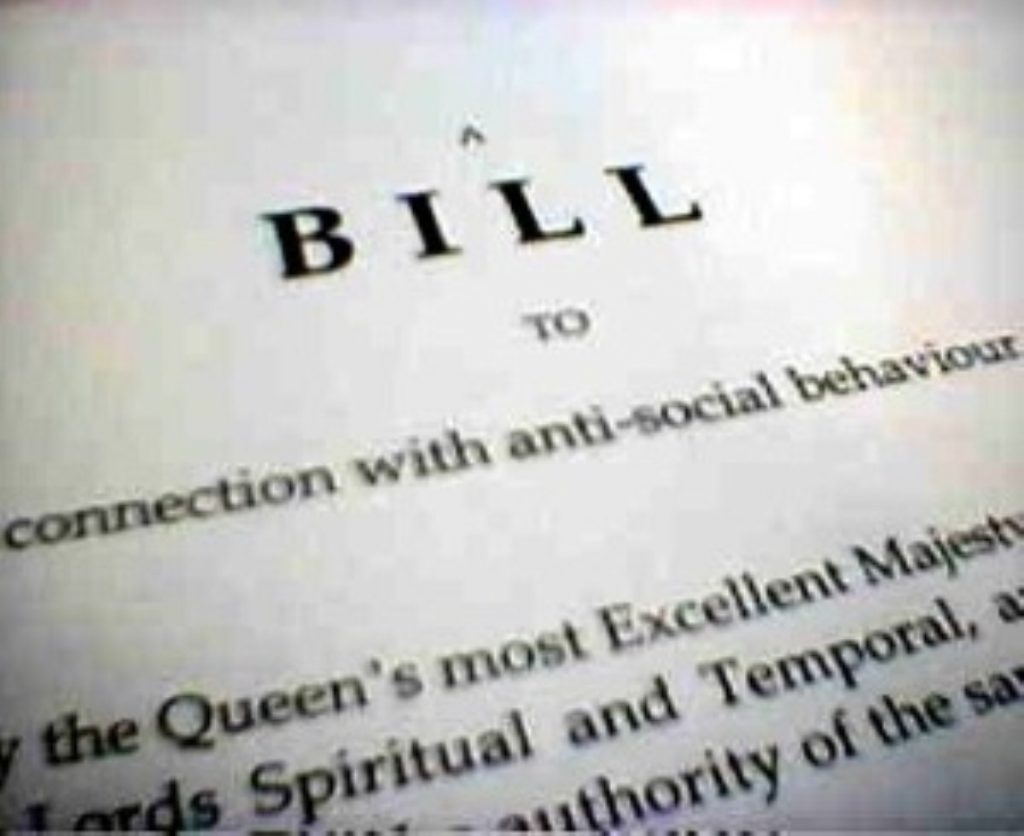Hereditary peers face clear out
Lord Chancellor Charles Falconer will today unveil plans to further diminish the historical role of hereditary peers in the unelected House of Lords.
Lord Falconer, the new Constitutional Affairs Secretary, is expected to outline in a bill how the Government intends to remove the remaining 92 peers from the upper house.
Legislation on Lords reform is expected to be included in the Queen’s Speech on November 26th.
Labour claims to want more democracy in the Lords but opinions are divided among the party’s rank and file on how best to proceed. Some MPs advocate a fully elected Second Chamber while some prefer an appointed one.


Lord Falconer is expected to back the creation of a statutory appointments commission – which according to critics hedges the Government in the direction of a fully elected Second Chamber.
The Blair administration is likely to ask for more consultation in a White Paper.
Lord Falconer may announce the Government’s intention to set up an independent appointment commission to review the PM’s powers of patronage.
Campaign group Charter 88 said “only” removing hereditary peers would be “a bad day for democracy in the UK.”
“This Government continually uses the language of democracy, inclusion and participation yet once again the people of this country have been left out in the cold. The reality of democracy under Blair is government of the few and by the few. Tony’s cronies continue to rule,” it read.
Karen Bartlett Director of Charter 88 said: The Government say they want to listen but refuses to hear the majority of MP’s and the public who want a majority elected second chamber. Tony Blair preaches democracy abroad and yet fails to practice it at home. Ironically, the Government seems to think that the people can’t be trusted.
“During a period in which public trust in politicians is at an all time low, these proposals send a clear message to the public that accountability and both electors and elections are regarded as tiresome inconveniences to be avoided wherever possible.”












